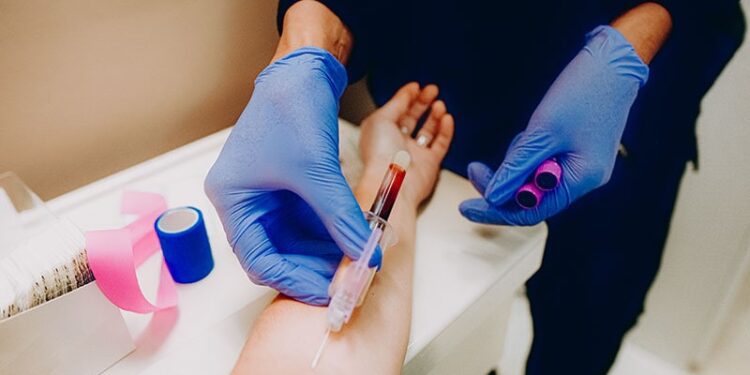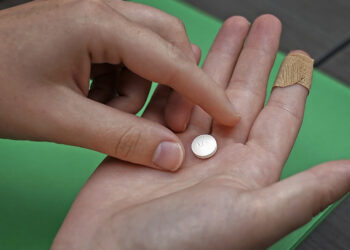The presence of high lipoprotein (a), or Lp(a), levels increases the risk for cardiovascular disease. Incorporating Lp(a) screening into clinical practice may significantly impact patient outcomes.
It’s About Genetics
Lp(a) is genetically inherited and more common in specific ethnicities. Black individuals are more inclined to have higher Lp(a) compared to White, Hispanic, or Asian individuals.
Lp(a) Is Different From Low-Density Lipoprotein(LDL)
Though structurally similar, Lp(a)’s inflammatory and blood clotting properties make it particularly dangerous. Lp(a) and LDL levels do not always correlate with one another and should be treated as separate risk factors.
Important Indicators
Take note of early (before 55 for men; 65 for women) cardiovascular disease or recurring heart episodes unresponsive to treatments. A family history of heart disease, significantly elevated LDL, or high Lp(a) levels also warrants closer evaluation.
Order a Test
A one-time, separately ordered blood test shows Lp(a) levels. Results 50mg/dL or higher is considered extremely high.
Managing Lp(a) and Outlook
Currently, there are no treatments to control high Lp(a). Preventative therapies, such as controlling cholesterol and lifestyle modifications, should be implemented as much as possible. When applicable, consider referring patients to a lipid specialist.
Bottom line: Evaluate your patient’s medical and family history for red flags to determine if Lp(a) level testing is crucial for assessing cardiovascular disease severity.
Source link : https://www.medscape.com/s/viewarticle/lp-levels-when-and-why-its-clinically-relevant-2025a1000iva?src=rss
Author :
Publish date : 2025-07-22 12:20:00
Copyright for syndicated content belongs to the linked Source.











